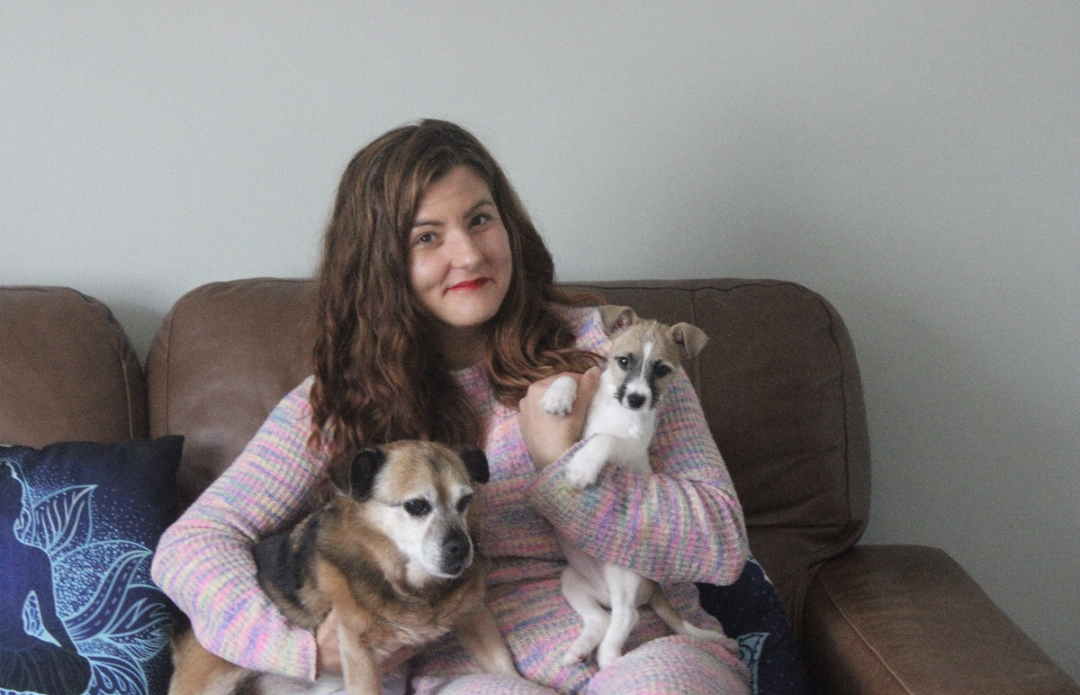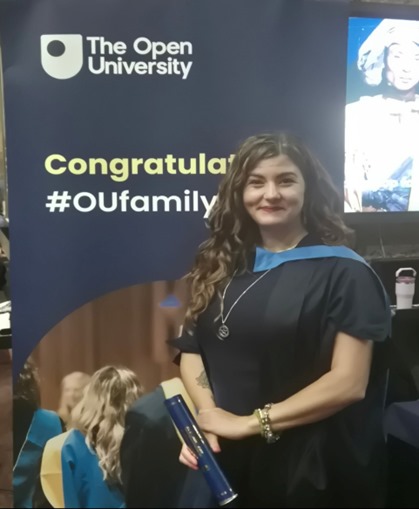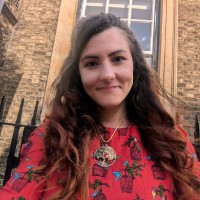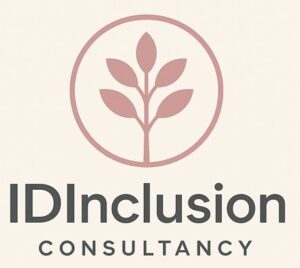Meet Samantha

Why Samantha Does This Work
Samantha believes that everyone deserves to be understood, respected and valued for who they are, so they can experience genuine wellbeing and the opportunity to thrive. Having personally navigated the realities of neurodivergence, addiction, chronic health conditions and other invisible disabilities, she knows how damaging it can be when people are misunderstood, dismissed or unsupported.
Her work is grounded in lived experience, academic study and practitioner practice. Samantha is deeply committed to raising awareness, reducing stigma and offering practical, compassionate strategies that make a meaningful difference. She collaborates with organisations and individuals who want to build environments where people feel seen, heard and understood.
Samantha’s goal is not to speak for everyone, but to open conversations that allow more voices, stories and perspectives to be recognised.
Whether advising on materials, delivering awareness training, writing, consulting or supporting groups directly, she brings warmth, clarity and a deep respect for differences to everything she does.
Meet Samantha
Samantha’s journey has shaped her commitment to inclusion in profound ways. Like many late-identified neurodivergent people, she spent much of her early life feeling “different” without understanding why. Autism, ADHD and OCD weren’t recognised in her childhood, and the traits she displayed were often misinterpreted. What looked like academic achievement was accompanied by overwhelm, confusion and isolation that no one around her could see.
By her teens, the lack of understanding had taken a serious toll. She experienced homelessness, instability, and a long battle with addiction – all while trying to make sense of a world that felt constantly overwhelming. Statistically, she had been written off before adulthood.
Everything changed when, in her thirties, a professional finally recognised the signs of neurodivergence. For the first time, Samantha understood that she wasn’t “broken” – her brain simply worked differently.
This moment of clarity transformed her life.

Determined to rebuild, Samantha began studying psychology from home while managing health conditions, parenting and multiple work commitments. She completed her First-Class BSc (Hons) Psychology. She has worked across brain injury rehabilitation, criminal justice casework, social housing governance, reciprocal mentoring, and residential children’s care.
She completed a paid internship with The Open University, where she mentored staff, developed lived-experience learning materials, and contributed to projects improving accessibility in education. Her writing has been published by the Open University and featured in the British Psychological Society’s The Psychologist. She has presented at national conferences and contributed to inclusion work across higher education, housing and charity settings.
Her lived experience is not something she “works despite” – it is one of her greatest strengths. It gives her a depth of insight that is difficult to gain from training alone and informs the Against Complex Barriers (ACB) Framework (Morgan, 2025), her conceptual model exploring how overlapping barriers shape outcomes.

What Sets Samantha Apart
Samantha offers a rare blend of:
✔ lived experience of complex neurodivergence, disability and disadvantage
✔ academic grounding and First-Class degree in Psychology
✔ practitioner experience across housing, brain injury, justice and mentoring
✔ conceptual innovation as creator of the ACB Framework
✔ published writing and national recognition
✔ ability to translate complexity into clear, human understanding
✔ Proven impact
She works with honesty, compassion and a deep commitment to equity. Samantha doesn’t claim to speak for everyone – but she uses her voice, insight and experience to help organisations see what is often overlooked and create spaces where people are able not just to survive, but to thrive.
⭐ Testimonials
I was fortunate enough to be invited to a presentation that Samantha was presenting at. Her presentation was executed in a professional manner, whilst simultaneously interweaving the presentation of her own lived experience. I found Samantha supportive and greatly admire her drive to improve educational experiences and access for students, particularly for students with neurodivergence. Samantha would be a huge asset to any company who were privileged to have her working with them
Samantha was my mentor. I greatly valued Samantha's honesty and openness in sharing her lived experiences, including the barriers she has faced. Despite these, she has persisted and achieved so much. Samantha is passionate about driving change and making a difference for others. Her sharing of her own experiences, along with her questioning skills and drive to seek out change, has been inspiring and is leaving a lasting impact
Samantha Made Valuable contributions to the tuition-focused blog. Contributing to blogs can be a daunting task, especially when focused towards an academic audience. Samantha was brave, creative and timely with her contributions, always willing to consider how content could be leveraged in the most effective way to portray her ideas.
Sharing their experiences is helpful for me to think about my own experiences and any preconceived thoughts I may have. This in turn, has already led me to reflect on interactions with colleagues and what I could do differently to get the most out of the relationships. It has made me challenge my own views, as I was a little more black and white with my knowledge of different neurodiversity! II had no idea how neurodiversity would interact with each other!

